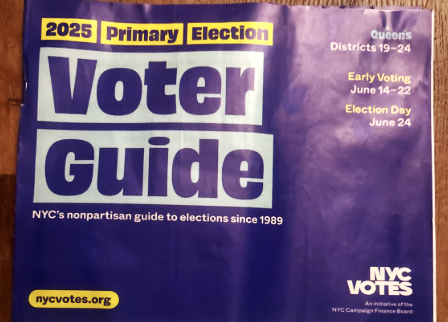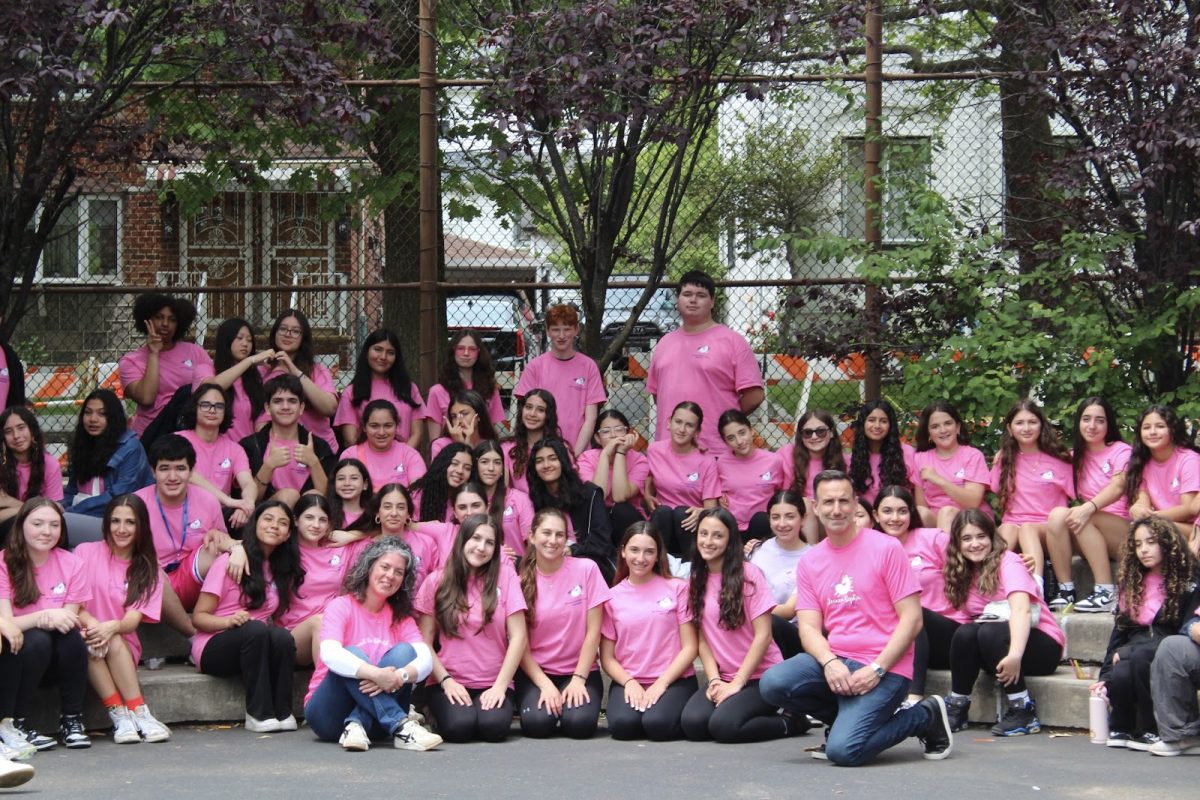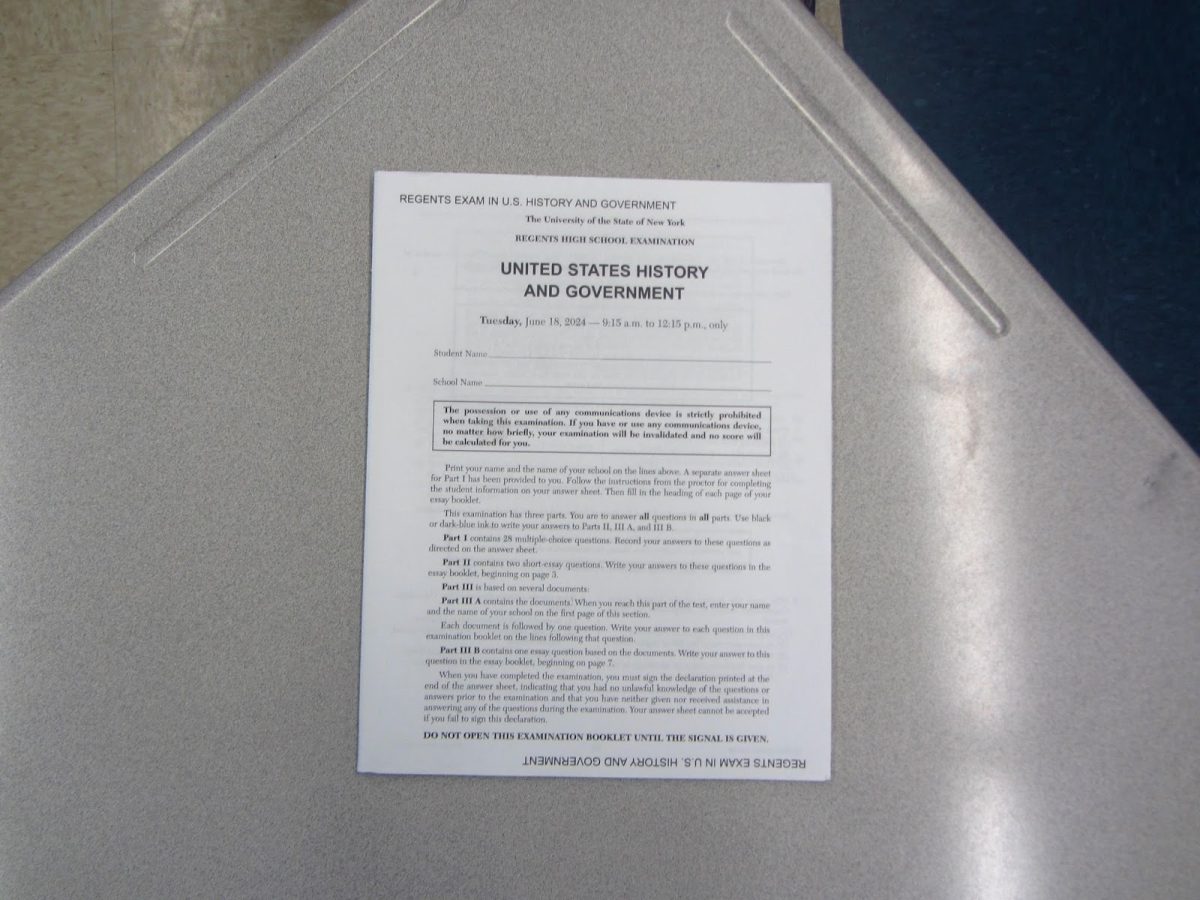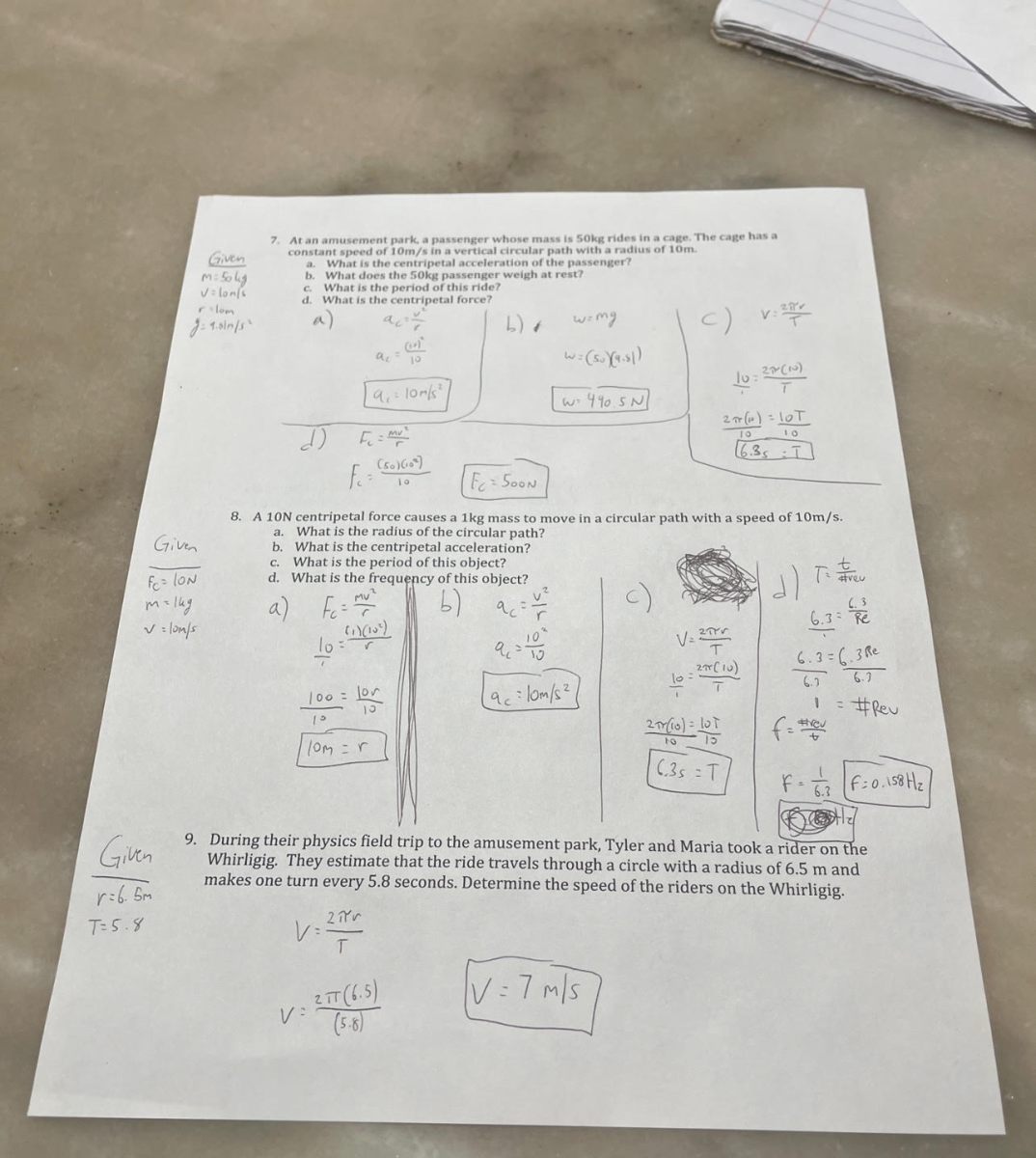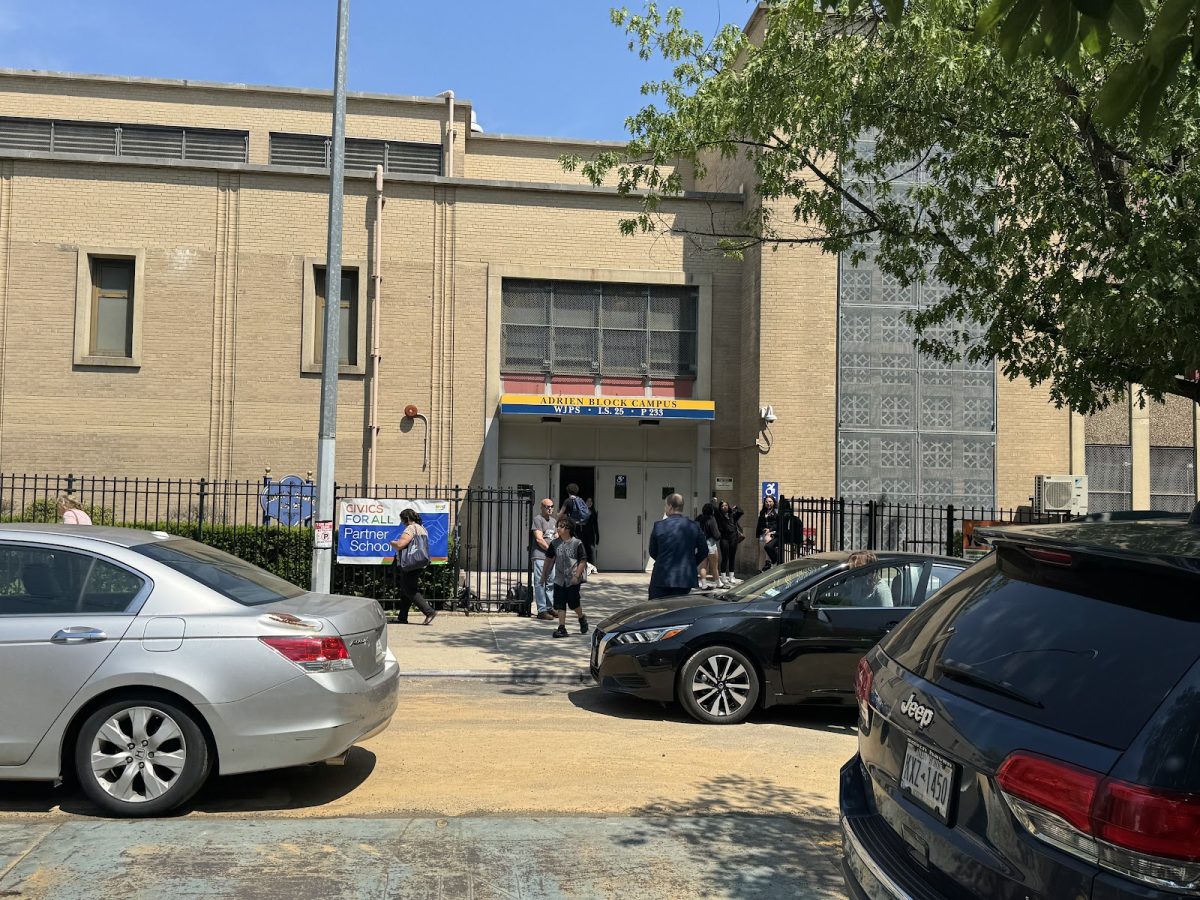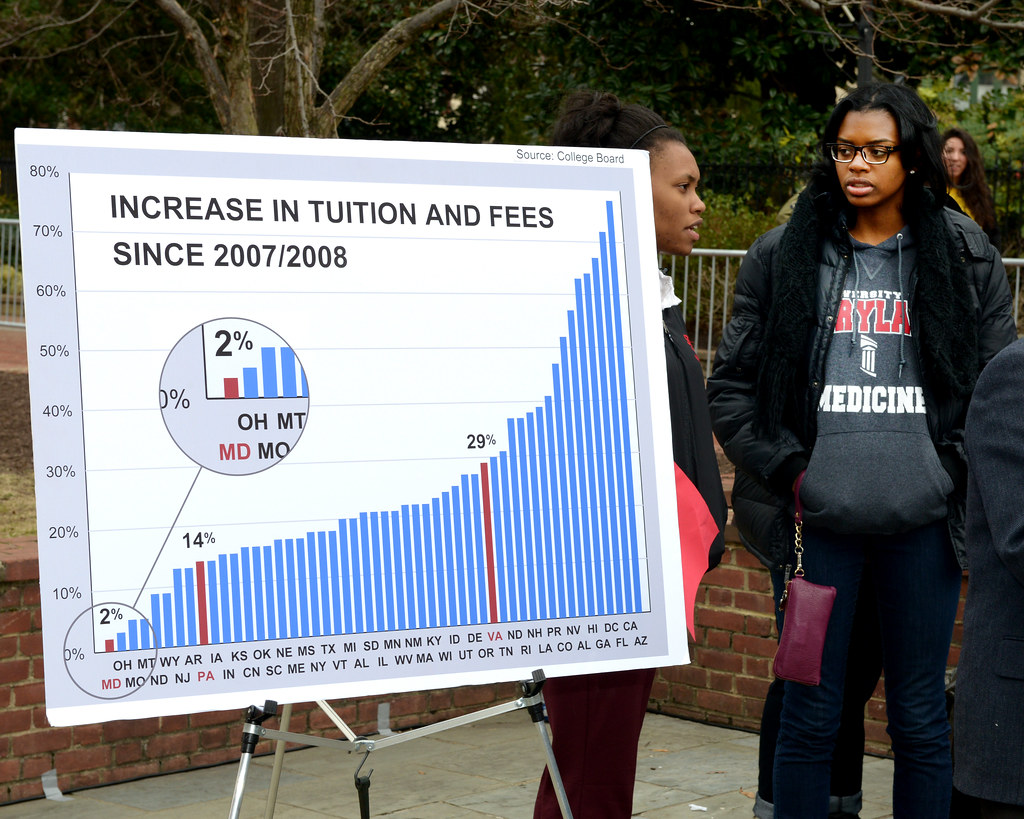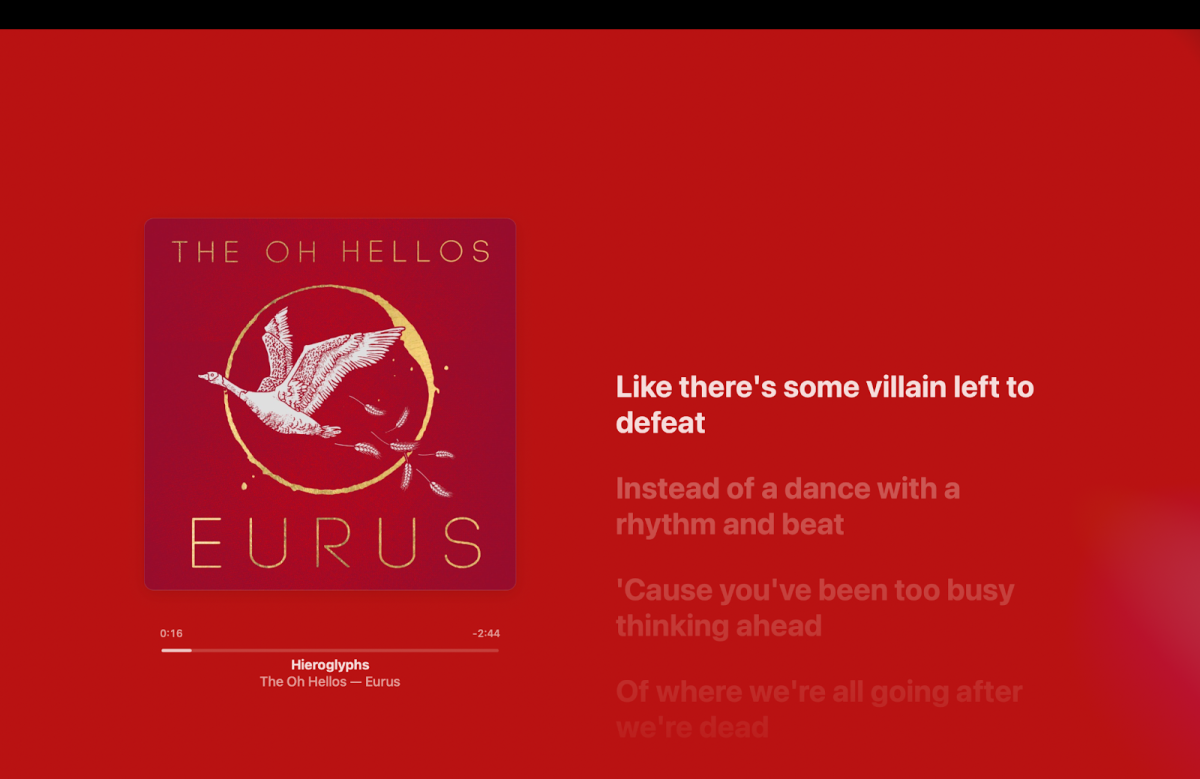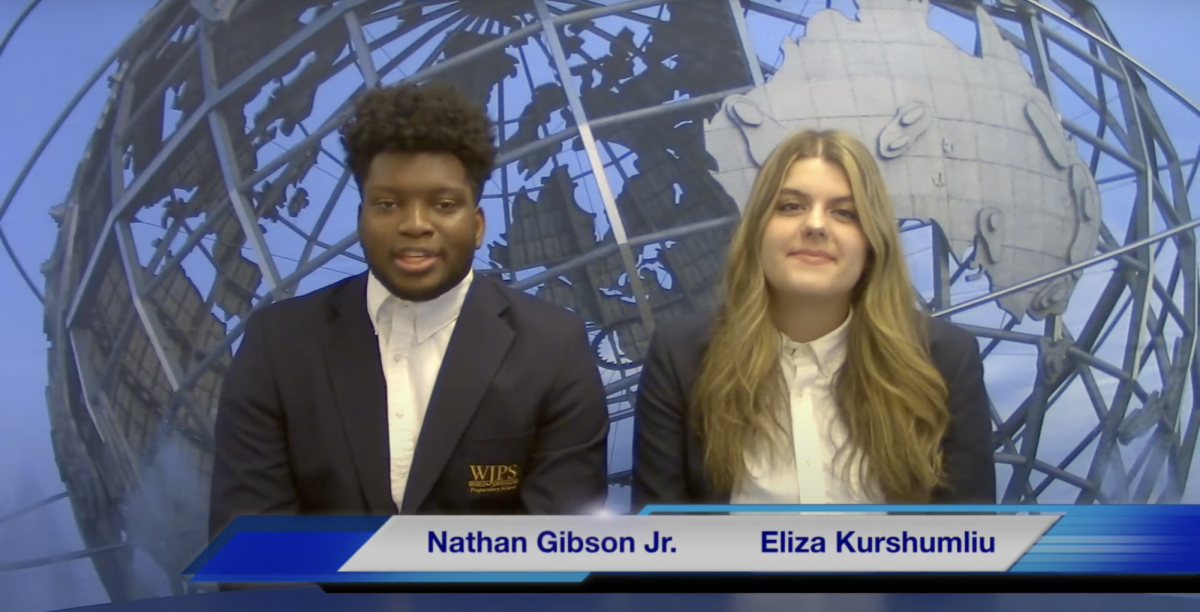As Super Tuesday approaches, The Nevada caucuses were the first diverse electorates that the aspiring Democratic candidates had to contend in, a crucial showcase of their abilities to ensemble a wide-ranging and viable coalition. As the dust settled, Senator Bernie Sanders emerged on top in a landslide, providing a vital win to solidify his frontrunner status.
Sanders had taken a commanding lead in prior polling, with his momentum boosted from his previous victory in New Hampshire. His campaign hit an unexpected road-bump when culinary unions came out against Sanders’ Medicare for All proposal, stating that workers would lose access to union benefits. Nevertheless, Sanders performed well across a broad array of voter groups, from liberals to Latinos, from union workers to college students.
Meanwhile, former Vice President Joe Biden notched a second place finish, seemingly making good on his promise to do better following losses in Iowa and New Hampshire. Biden placed first among moderates, older voters, and African Americans. Biden has finally shown some semblance of a successful electoral formula, which he will hope to replicate going forward to regain lost ground.
Other candidates would fail to appeal to the sagebrush constituency. Mayor Pete Buttiegieg and Senator Amy Klobuchar failed to gain major support beyond college educated whites. Philanthropist Tom Steyer put great importance on attracting minorities, but his showing in the Silver State seems to be nothing worth writing home about.
With the Nevada caucuses wrapped up, the candidates will head to South Carolina, the last contest of February. After showing signs of life, Biden will need to carry his firewall in a must-win scenario. All the while, every campaign will be making their last minute hurrahs before the all important Super Tuesday.

